First Fatalities in Morocco as Gen Z Protests Escalate Over Stadiums vs. Public Services Debate
- by Muhammed, Morocco,RNG247
- about 3 months ago
- 282 views
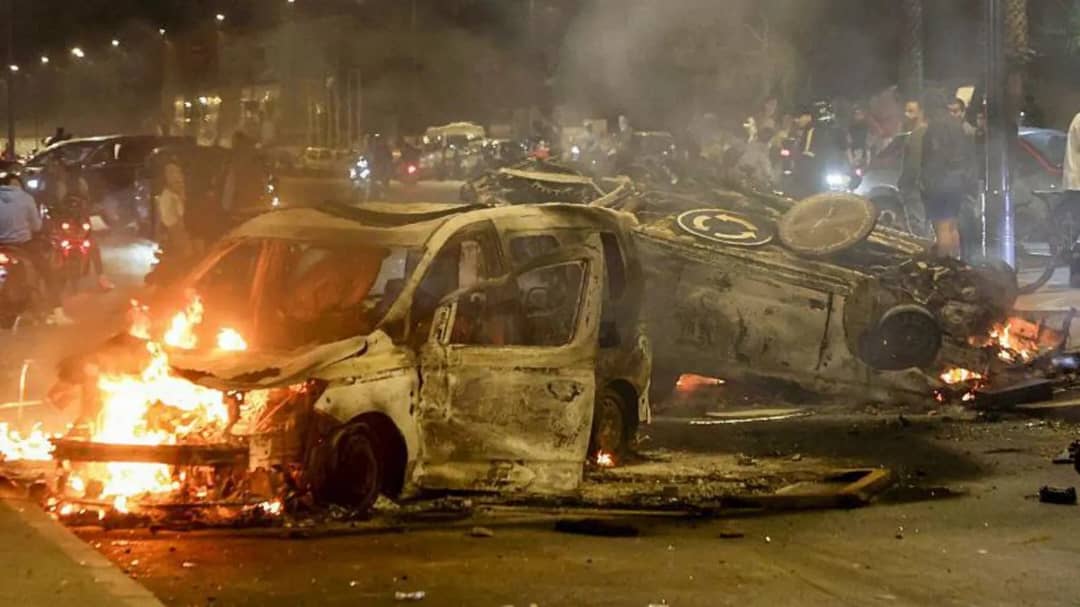
At least two people have been killed in Morocco after police opened fire to prevent protesters from storming a police station in Lqliaa, near the coastal city of Agadir, according to state media. This marks the first deaths reported since nationwide youth-led protests erupted on Saturday, fueled by widespread anger over the government’s decision to prioritize building football stadiums for the 2030 FIFA World Cup over addressing pressing public service needs and the deepening economic crisis.
The protests, driven largely by Morocco’s Generation Z, have seen demonstrators chanting slogans like “Stadiums are here, but where are the hospitals?”—a stark critique of what many see as misplaced government priorities. One protester from Oujda, a city on the border with Algeria, described the local hospital as resembling a “jail,” citing unsanitary conditions and allegations that patients are forced to bribe security officers and nurses to access medical care. The protester, who spoke to BBC Newsday on condition of anonymity for fear of reprisals, highlighted the dire state of public services that has fueled the unrest.
The demonstrations, which have largely taken place at night, turned deadly on Wednesday evening when police in Lqliaa opened fire to repel what they described as an “attack” on a police station. State media reported that the officers acted in “legitimate self-defence.” Earlier in the day, the interior ministry had affirmed the right of citizens to protest within the bounds of the law, but the escalation in Lqliaa underscores the growing tensions between authorities and demonstrators.
The youth-led protest movement, known as GenZ 212—a reference to Morocco’s international dialling code—has distanced itself from the violence. Organized primarily through social media, the movement lacks a formal leadership structure but has managed to galvanize thousands of young Moroccans across the country. Official statistics reveal the depth of the economic crisis driving the protests: Morocco’s overall unemployment rate stands at 12.8%, with youth unemployment soaring to 35.8% and 19% among graduates, according to Reuters.
The unrest has spread to major cities, including the capital Rabat, the commercial hub Casablanca, and the port city of Tangier, a key entry point for tourists traveling from Spain. In Marrakesh, Morocco’s tourist hotspot, protesters reportedly burned down a police station, according to local media. The interior ministry has confirmed that 409 people have been detained nationwide in connection with the protests, while more than 260 police officers and 20 protesters have been injured. Additionally, 40 police vehicles and 20 private cars have been set ablaze, according to ministry spokesman Rachid El Khalfi.
The protests in Morocco echo similar youth-led uprisings that have erupted across the globe this summer, including in Nepal, Indonesia, the Philippines, and Madagascar. In Nepal, the demonstrations led to the resignation of the prime minister, while Madagascar’s president dissolved his government on Monday in an attempt to quell the unrest.
In response to the escalating crisis, Morocco’s governing coalition issued a statement on Tuesday expressing its willingness to engage in dialogue with the youth “within institutions and public spaces to find realistic solutions.” The coalition also praised what it described as “the balanced reaction of security authorities in line with relevant legal procedures.”
However, the government’s assurances have done little to calm the growing anger on the streets. For many young Moroccans, the protests are not just about the stadiums but about a broader demand for accountability, transparency, and a government that prioritizes the needs of its people over grandiose projects. As the unrest continues, the question remains whether the government can address the deep-seated grievances driving the protests or if the situation will spiral further out of control.
The deaths in Lqliaa have added a tragic dimension to the ongoing crisis, underscoring the high stakes for both the protesters and the authorities. With the world watching, Morocco’s response to this unprecedented wave of youth-led dissent will have far-reaching implications for the country’s future.



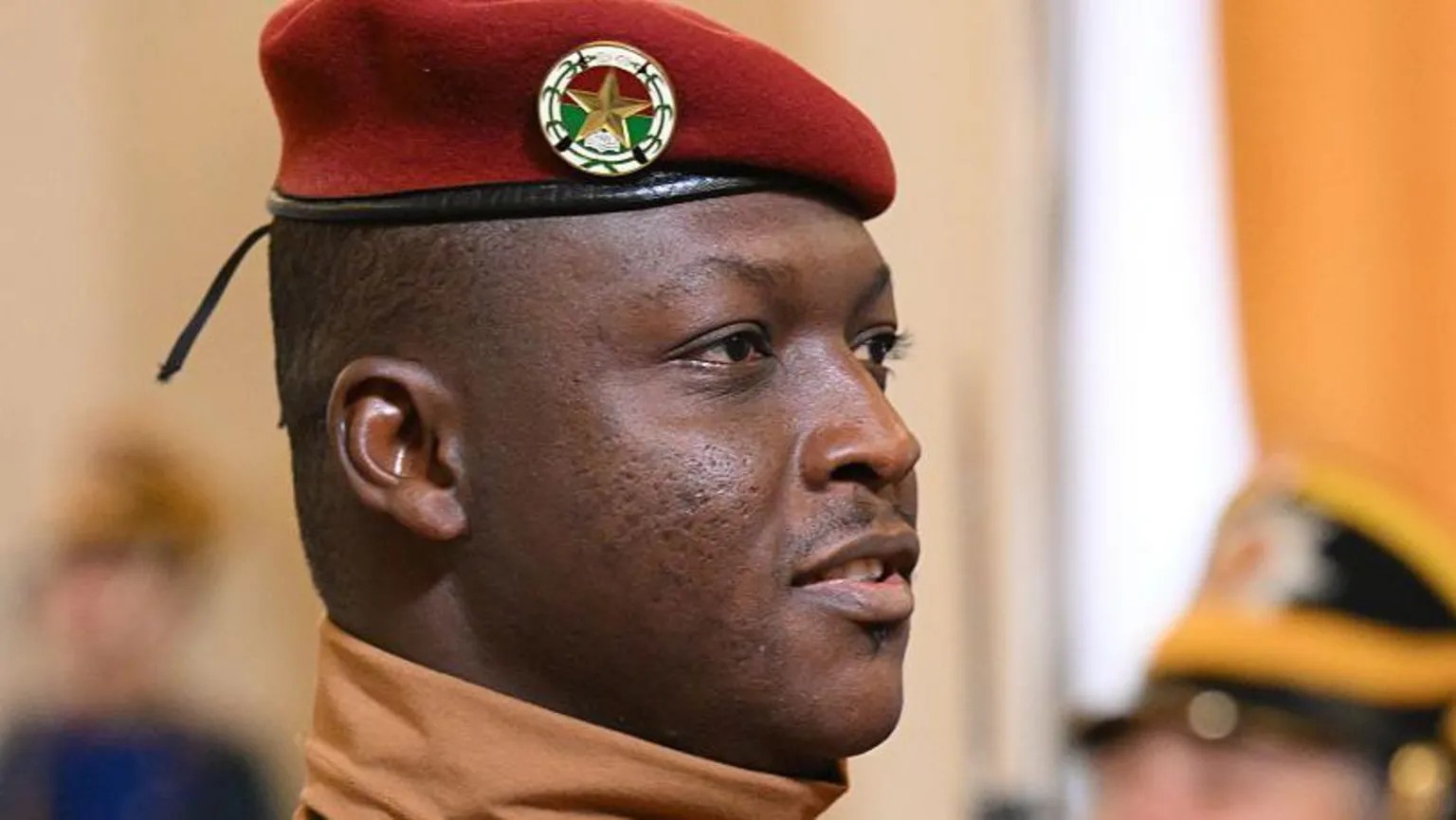
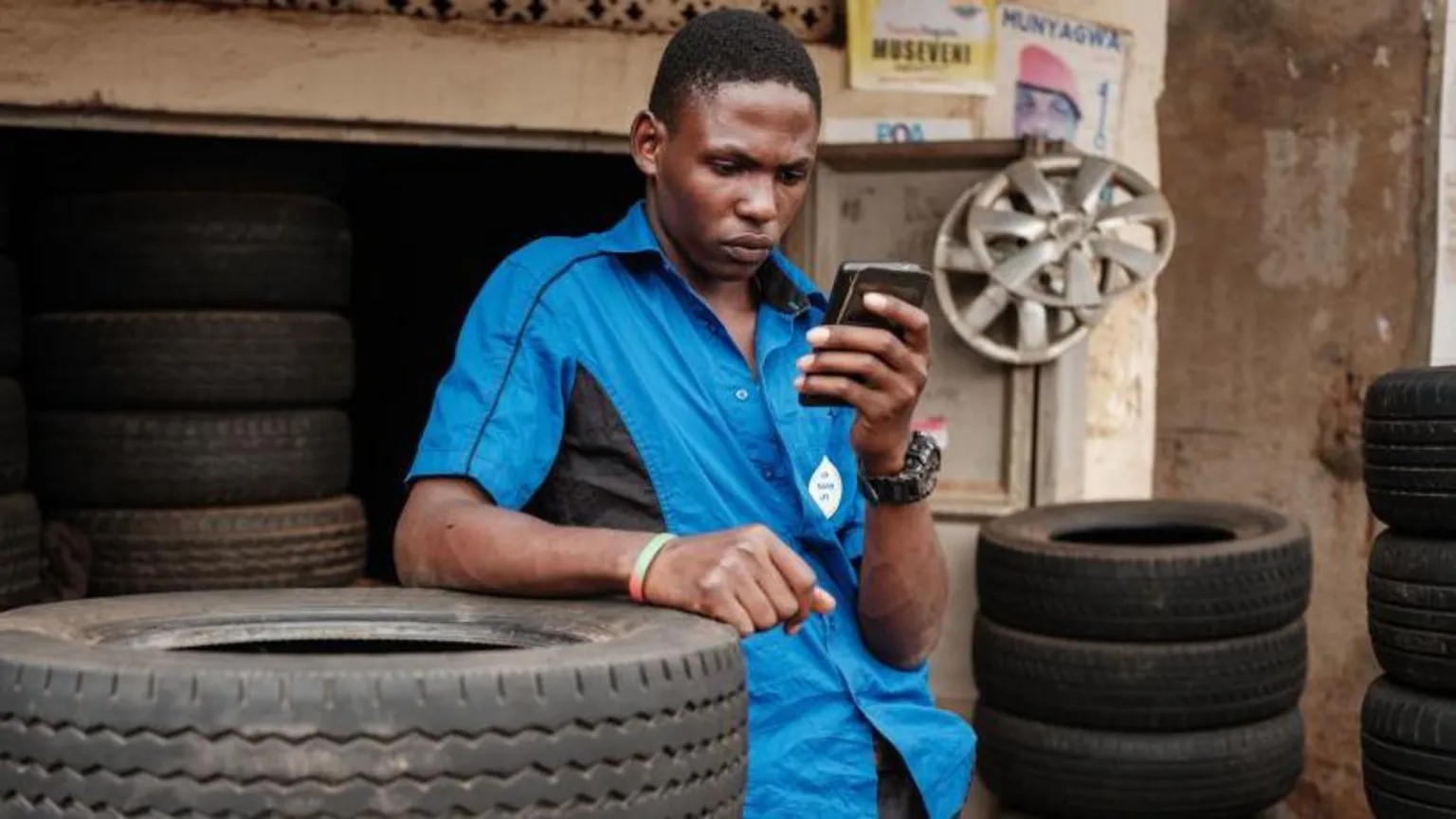
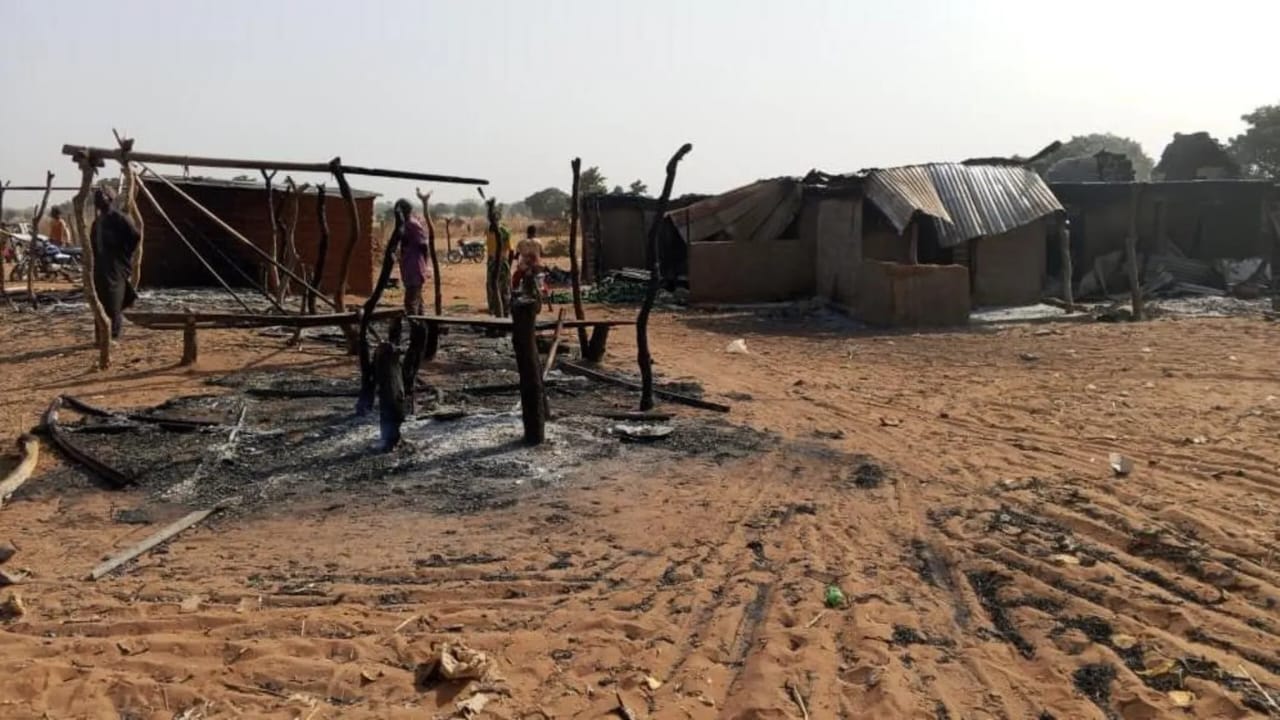
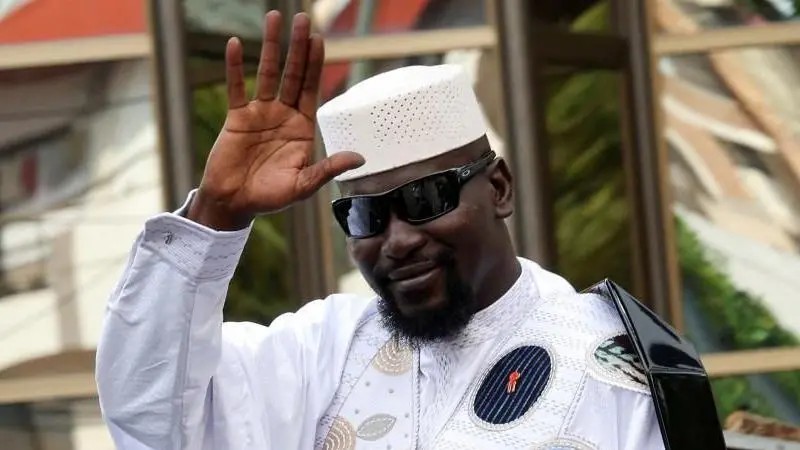
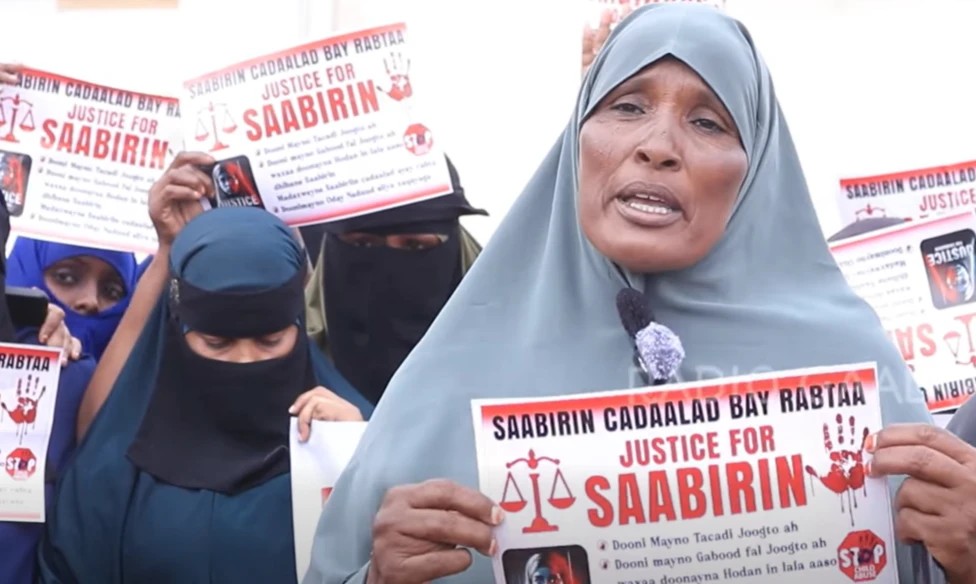

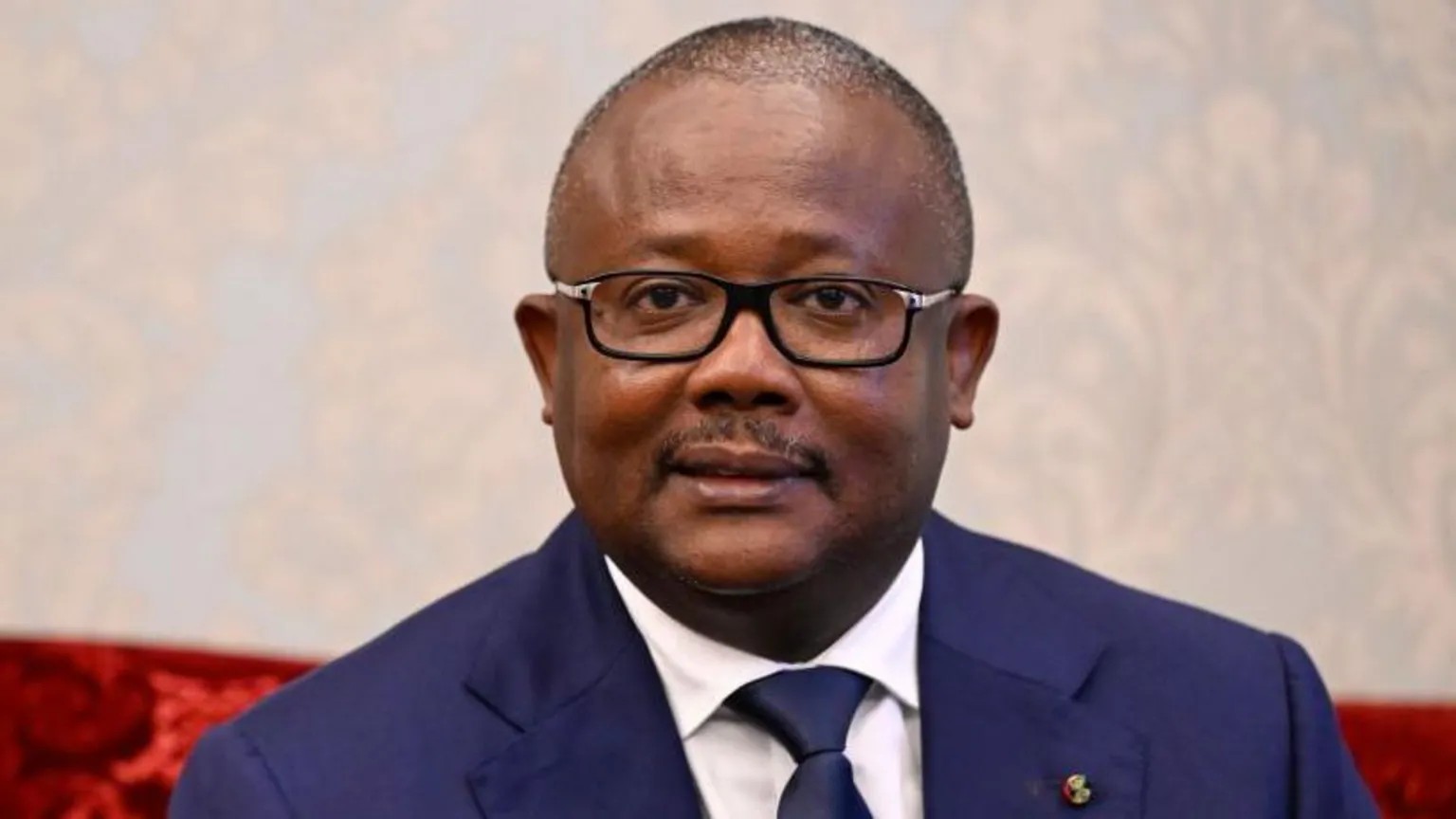
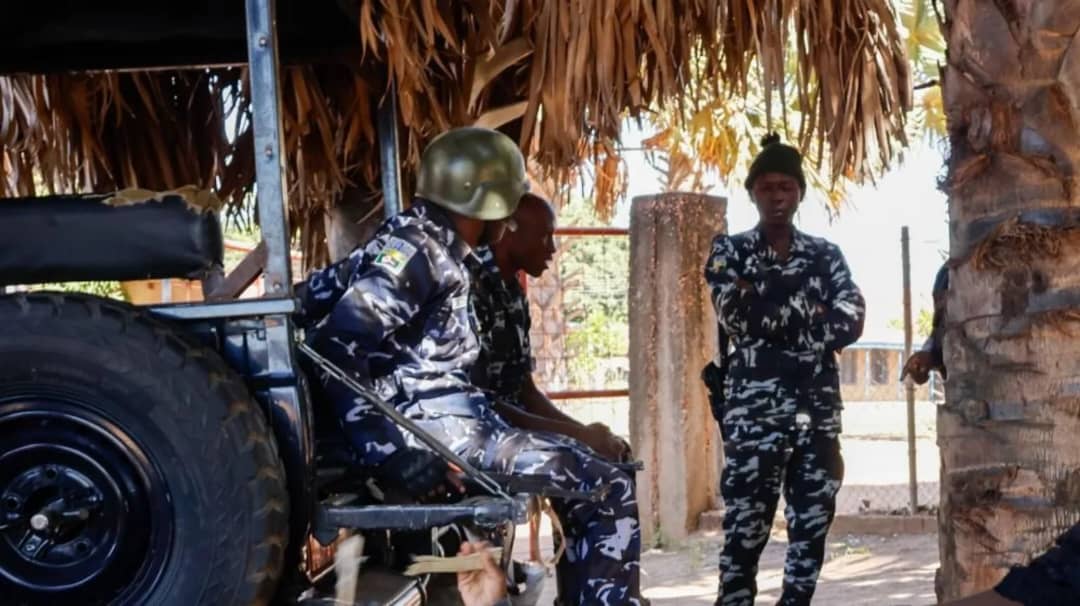
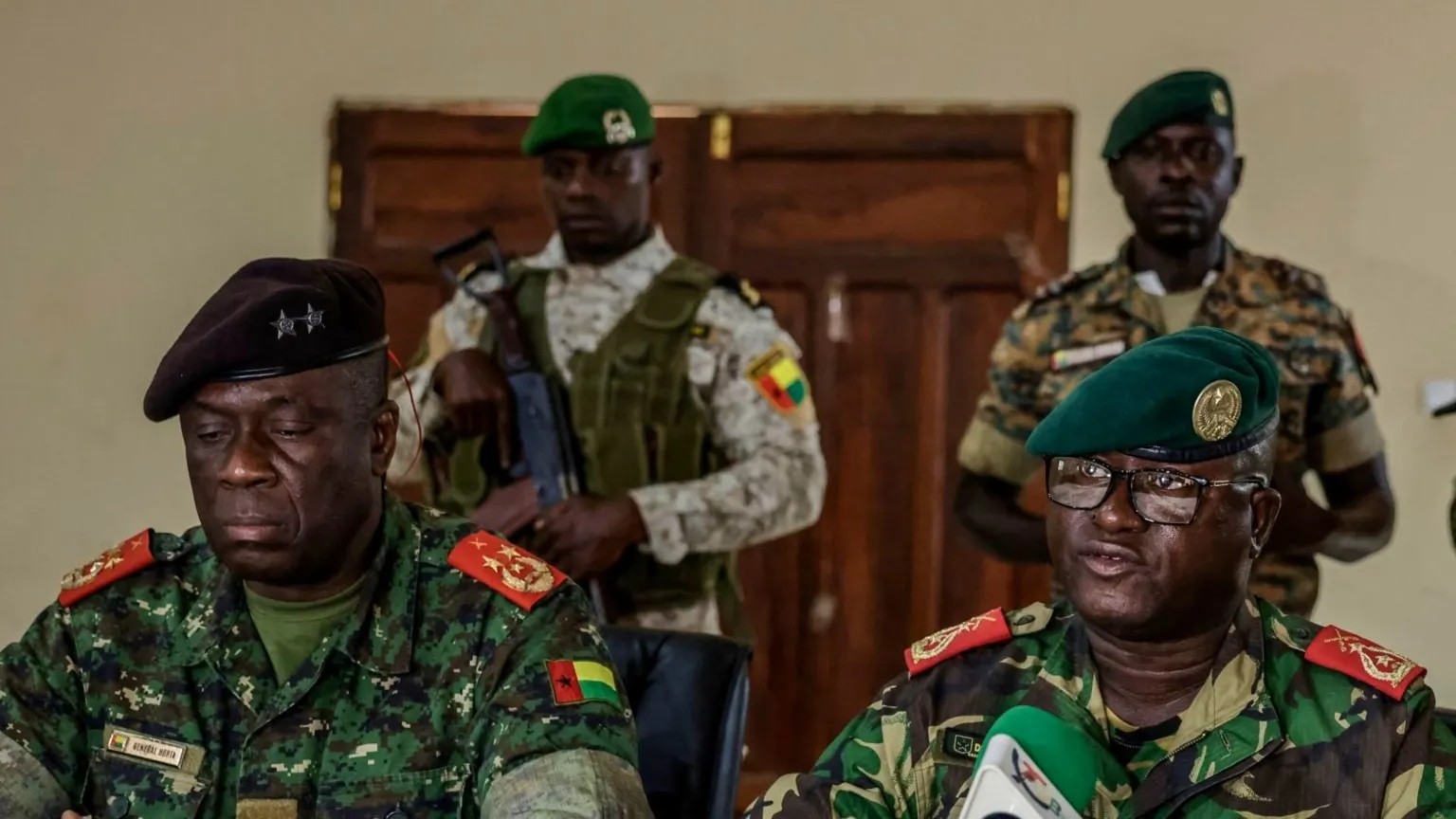
.jpg)
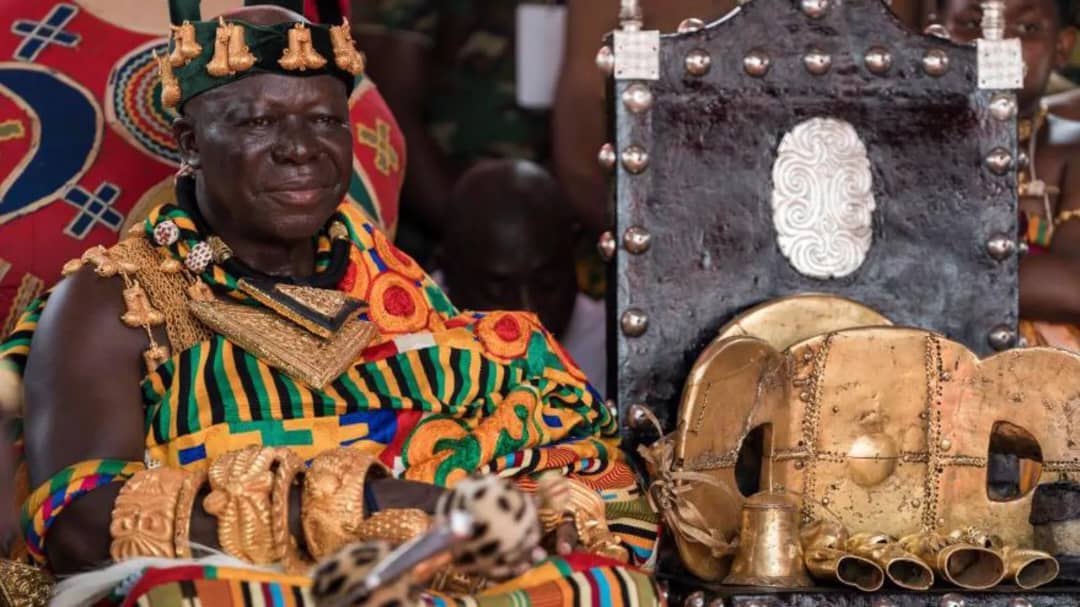


0 Comment(s)